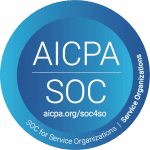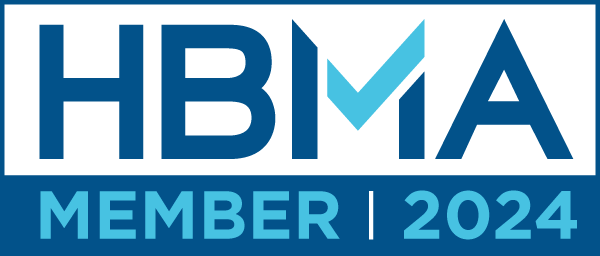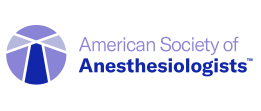Tackling Rising Medical Billing Fraud: Strategies for Detection and Prevention
In recent years, healthcare systems have seen a significant rise in billing fraud, posing serious financial and ethical challenges across the sector. Instances of fraudulent activity have surged, with statistics showing an alarming increase in detected cases over the last decade. For example, reports from the National Health Care Anti-Fraud Association (NHCAA) estimate that healthcare fraud costs the United States about $68 billion annually, approximately 3% of the nation’s health expenditure.
This trend underscores the critical need for innovative strategies to mitigate these risks and protect the financial foundations of healthcare providers.
The Growing Challenge of Billing Fraud
Fraudulent billing practices can range from duplicate billing, phantom billing, and upcoding services to using incorrect billing codes intentionally. Such activities not only lead to substantial financial losses but also undermine the integrity of healthcare systems, affecting service delivery and patient trust.
Key Strategies for Combating Fraud in Healthcare Billing
Advanced Detection Algorithms: Modern Revenue Cycle Management (RCM) systems are equipped with advanced detection algorithms that play a crucial role in identifying fraudulent activities. These systems analyze billing patterns and flag inconsistencies such as duplicate claims, unusual billing codes, or charges that starkly differ from standard rates. For instance, an RCM system might notice that the frequency of a particular expensive test is abnormally high compared to industry norms, prompting a review.
Automated Auditing Tools: Automation in the auditing process ensures that each claim is reviewed for accuracy before submission. These tools check for compliance with billing practices and payer-specific requirements, reducing the margin for errors and potential fraud. This proactive approach is essential in environments where the volume of claims and the pace of operations might make manual reviews untenable.
Real-Time Alerts: Real-time alerts for unusual billing activities enable healthcare organizations to act swiftly against potential fraud. If a claim is submitted multiple times for a single procedure, or if there’s an anomaly in the billing pattern of a department, the system alerts the finance team to review and rectify the issue immediately.
Role-Based Access Control (RBAC): Implementing RBAC ensures that only authorized personnel have access to sensitive billing information. By restricting access based on user roles, healthcare providers can minimize internal threats and prevent unauthorized manipulations of billing data.
Integration with Healthcare Management Systems: Integrating RCM systems with Electronic Health Records (EHR) and other healthcare management systems helps ensure that the services billed align with actual patient care. This cross-verification is crucial for eliminating discrepancies and ensuring that each billed service is justified and documented.
Comprehensive Reporting and Analytics: Detailed analytics and reporting tools provide an overarching view of billing operations, helping identify and address vulnerabilities. By analyzing trends and patterns in billing data, these tools can unearth potential fraudulent schemes operating within the system, enabling healthcare organizations to take preventive actions.
As healthcare continues to evolve, so too do the methods of committing fraud. Implementing robust Revenue Cycle Management (RCM) systems with integrated advanced monitoring tools like PHIMED’s PhyGeneSys is more crucial than ever.
PhyGeneSys enhances operational efficiency with its sophisticated algorithms and integrated security measures that align with the Zero Trust model. These features ensure that every access point and data transaction is rigorously scrutinized, providing a critical defense against the rising tide of billing fraud.
By continuously improving these technologies and practices, the healthcare industry can safeguard its operations against financial and reputational damage, ensuring that resources are used efficiently and ethically to deliver high-quality care. This integration of advanced monitoring tools into medical billing processes ensures that healthcare organizations maintain financial integrity while navigating the complexities of modern healthcare delivery.









